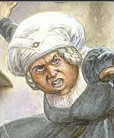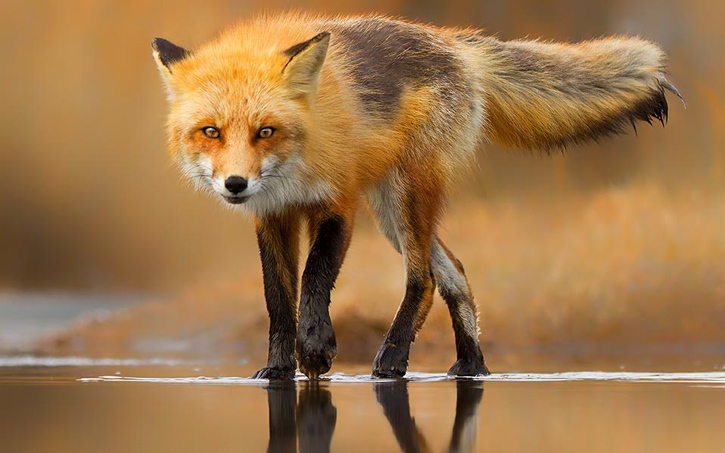Forum
Welcome Guest |
|
|---|---|
 Author Author |
Topic: |
|---|
| atalante_star |
|
||||||||
| arvegil |
|
||||||||
| cirdaneth |
|
||||||||
| tarcolan |
|
||||||||
| Gandolorin |
|
||||||||
| cirdaneth |
|
||||||||
| tarcolan |
|
||||||||
| Loreanna |
|
||||||||
| Elthir |
|
||||||||
| Elthir |
|
||||||||
| Loreanna |
|
||||||||
| Tyrhael |
|
||||||||
| tarcolan |
|
||||||||
| Members Online |









 Long-post Archive - Elven Tribal Matters
Long-post Archive - Elven Tribal Matters




